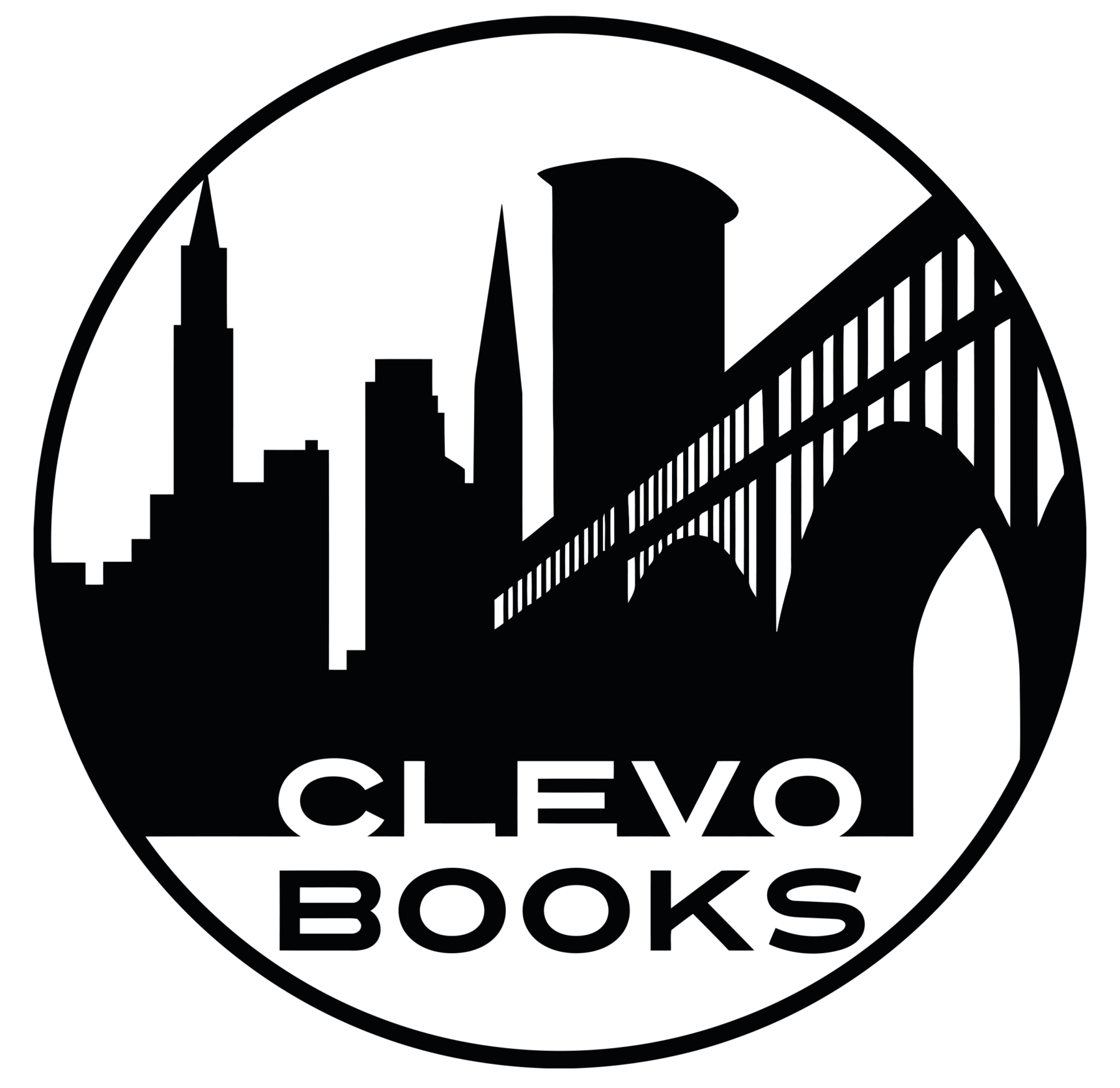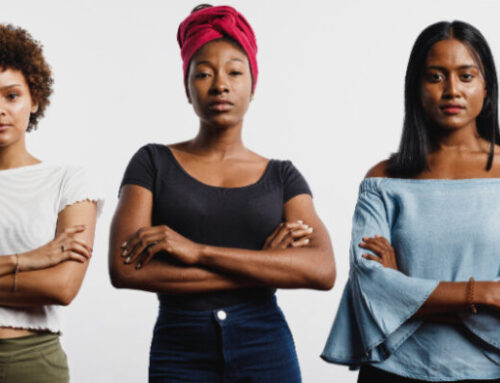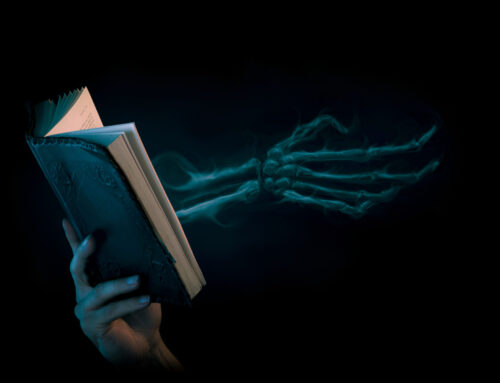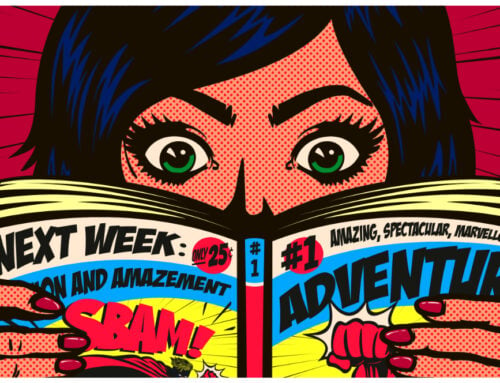We left in September 1940. We went through Poland first, then continued on the Trans-Siberian Railway, then by land to Harbin. We went from there to the coast and then to Shanghai by ship. We arrived around Christmas time, but our travels were not uninterrupted—there were also stops. My mother spoke of Lake Baikal and of the infinite tediousness on the train as well. In Poland and Russia, there were Jewish groups who came to the train station and took us into their homes. This allowed my mother to bathe me or my parents could sleep.
Luckily, my mother could nurse me. She always said that if her milk had run out, then I would have starved. That’s also why there are fewer people my age left. Later when I came back to Berlin, most of my youth group were born in the twenties or beginning of the thirties. And then there were those born after 1947. There are only a few from my age group from 1939/40. People had children, but they were so enfeebled that they died, or were killed.
I was born in the Jewish hospital in Berlin. My parents married in 1938 in Berlin and lived on Kantstrasse. My father came from a family that dealt in livestock, which was very common. He was a livestock dealer his whole life long. My mother grew up in Weissensee and was trained as a shop assistant before the war. People say she was very pretty. Her family and my father’s family originated from West Prussia, and in 1919/20 they had to choose if they wanted to be German or Polish. They spoke no Polish, so they decided for Germany and then came to Berlin.
My parents didn’t leave earlier because my father thought the German people couldn’t be that stupid, Hitler wouldn’t last. But as things here got worse, my mother wrote to my father’s sister, who had already emigrated to Shanghai with her husband and son, that they should also send us papers. I was born in the meantime as the papers were coming. My father’s parents then sold everything they had to pay for papers for me. They were also already in Shanghai. It was a free city, that’s why people could go there. In the beginning, the problem wasn’t getting out of Germany. The problem was where people could go.
Jews went to Shanghai originally in 1870, after the Opium Wars. The city was given to the English as a concession, and thanks to the port, business was done there. So not only soldiers went there but also business people. There were the families Sassoon, Kadoorie and Mizrahi, formerly Iraqi Jews, who built a very wealthy community. There was another group, the Russian Jews, who had fled during the revolution.
By 1941, after the Japanese attack on Pearl Harbor, the German Jews had to go into a ghetto. The Japanese were allied with the Germans, and when an SS (see page 264) delegation was sent, they told the Japanese how they were to treat the Jews. The Japanese didn’t want to start a fight with all Europeans, so as a compromise, they only detained English citizens and just sent stateless people into the ghetto. Since German Jews, the ones with the “J passport,” had to give up their German citizenship upon leaving, they were stateless. The established Jews were unaffected, and they financed the ghetto in Hongkou. Tragically though, at some point they said,
“We cannot support more than 20,000 people.”
And that was the end. Parallel to that, the development of the war proceeded. Emigration through Russia, like what our family did, was only permitted for so long until the Nazi campaign against Russia. After that, this refuge was beyond reach.
The ghetto in Hongkou, was the old port of Shanghai. The coolies and workers that lived there were released by the Japanese and they put us there. The Japanese were very brutal to the Chinese. I still remember a time when I was with my father on the Garden Bridge, which goes over the Yangtse river, and suddenly next to us Chinese people had to kneel and the Japanese shot them. Or they ordered them all to be vaccinated against typhoid. A street would be locked down and then boom, boom, boom—everyone who walked by was vaccinated.
It was hot and primitive in the ghetto and there was unimaginable poverty. The Chinese mutilated their children so they could beg. It was dirty and it stank. There were no toilets. Carriers came in every morning to pick up the buckets, which they carried on their shoulders using poles. People got sick in these unhygienic conditions. They died of TB and the dead lay wrapped in towels on the street. I got what was called Shanghai fever, I didn’t even recognize my parents anymore. But I was lucky, the Americans were there already and they had penicillin.
It was just a few streets, but it was its own world. There were Japanese police, who appointed Jewish ghetto police. There were schools, but I was taught by a family with three or four other kids. My father brought them meat in exchange because we had fallen back to the barter system. Later I went to the Kadoorie School. There were doctors. There were cafés, the “Little Vienna” for example, where they made perfect Mozartkugeln (see page 256). They were Viennese and bought the ingredients from the Chinese. Everyone was a German-speaking Jew, even the children on the street spoke German and English in school.
Bela Cukierman
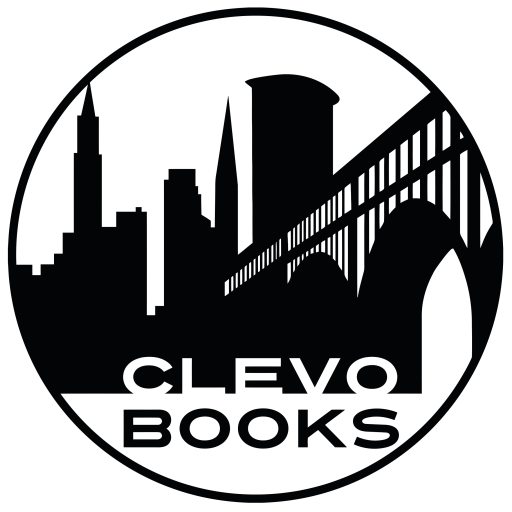
We would love to hear from you! If you have any questions or comments, please feel free to contact us.
530 Euclid Ave #45a Downtown Cleveland, OH 44115
